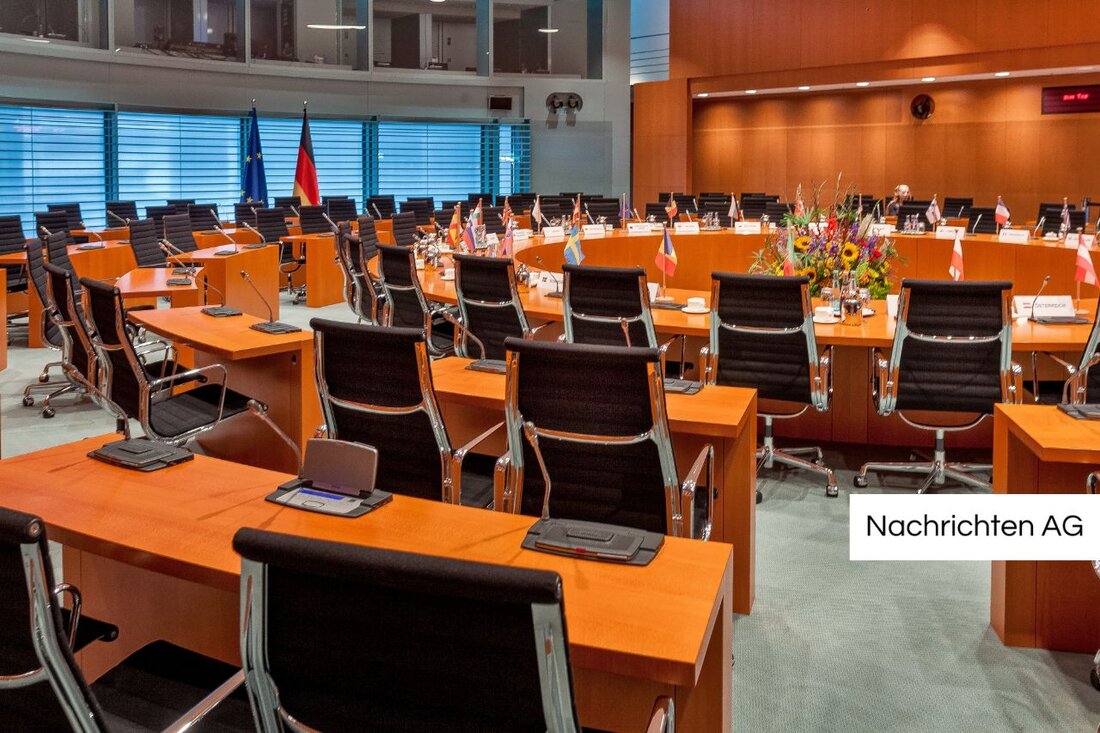The crisis is getting worse: Manfred Haferburg's shocking forecast!
Discover in the Apollo News interview with Manfred Haferburg why the crisis could soon worsen dramatically.

The crisis is getting worse: Manfred Haferburg's shocking forecast!
Here’s a rewritten article with the requested specifications:
Experienced nuclear engineer Manfred Haferburg drops the bombshell in a dramatic interview with Apollo News: According to his assessment, the energy crisis in Germany will worsen seriously. “The current high electricity prices are just the tip of the iceberg,” warns Haferburg in clear words. The impact could be more far-reaching than many can imagine, as noted by Apollo News was reported.
Haferburg, whose clear analysis is based on a wealth of experience in nuclear technology, sees the causes of the energy crisis primarily in political decisions without sufficient technical foundations. He has clear ideas about how to solve the problem and calls for a return to nuclear power to stabilize energy supplies and reduce dependence on fossil fuels.
The background to the crisis
With the shutdown of the last nuclear power plants and the focus on unreliable renewable energies, security of supply is coming under increasing pressure. Electricity prices are skyrocketing and German consumers are faced with unbearable costs. Who would have thought that the energy transition could also be an “adventure in a hall of mirrors”?
Haferburg's explosive assessments are also shared by other experts. Klaus Humpich, a colleague of Haferburg, supports the call for a renaissance of nuclear energy with a detailed analysis of the energy policy challenges. Their joint work deals in depth with alternative solutions to current energy policy.
Outlook and potential
A glimmer of hope remains: the expertise of experts like Haferburg could be the key to overcoming the energy crisis. The necessary return to nuclear power is the subject of his latest book, written together with Humpich. The scientific philosopher Michael Esfeld is even quoted in the afterword, which supports the authors' arguments.
However, the expert's serious warnings are not without hope, as he firmly believes that a strategic change in energy policy could turn the tide. Haferburg's call for rational action was also echoed by Achgut.com who published his speech about the need for nuclear power.
What remains is the pressing question: Will politicians heed the experts' wake-up call before the lights go out?

 Suche
Suche
 Mein Konto
Mein Konto
